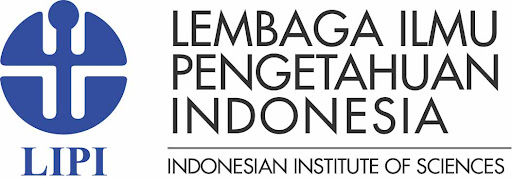IMPLEMENTASI SEKOLAH RAMAH ANAK (SRA) DALAM MENCEGAH TINDAK KEKERASAN TERHADAP ANAK (STUDI KASUS DI MIN 3 JOMBANG)
Abstract
Abstract: This study aims at explaining the implementation of Child Friendly School (CFS)
programs at MIN 3 Jombang. This study uses qualitative descriptive research. The subjects are
the principal, teachers, students, and parents of students with the object of the study covering the
implementation of the Child Friendly School Program at MIN 3 Jombang. Methods of collecting
data in the form of observation, interviews, documentation. Data reduction, data presentation,
verification/conclusion drawing are used to analyze data. The results shows: (1) Communication,
the dissemination of Child Friendly School Programs to all stakeholders; (2) Human resources
and infrastructure facilities that support the implementation of Child Friendly School Programs
and financial resources that take from BOS funds; (3) Disposition, the existence of a positive
attitude and the commitment to continue implementing the Child Friendly School Program at
MIN 3 Jombang; (4) Bureaucratic structure, organizational structure of Child Friendly School
Programs adapted to School Organizational Structure. The learning model used in MIN 3
Jombang is Child Friendly Teaching Model (CFTM) which is based on the 3P concept namely
Provision, Protection, and Participation. The supporting factors are human resources,
infrastructure facilities, and financial resources that support the implementation of Child
Friendly School Programs and the inhibiting factor is the environmental conditions of the
community, especially food sellers outside the school who sell food and beverages that do not
meet hygiene standards. and health for children.
Keywords: Program implementation, Child Friendly Schools (SRA), child abuse












